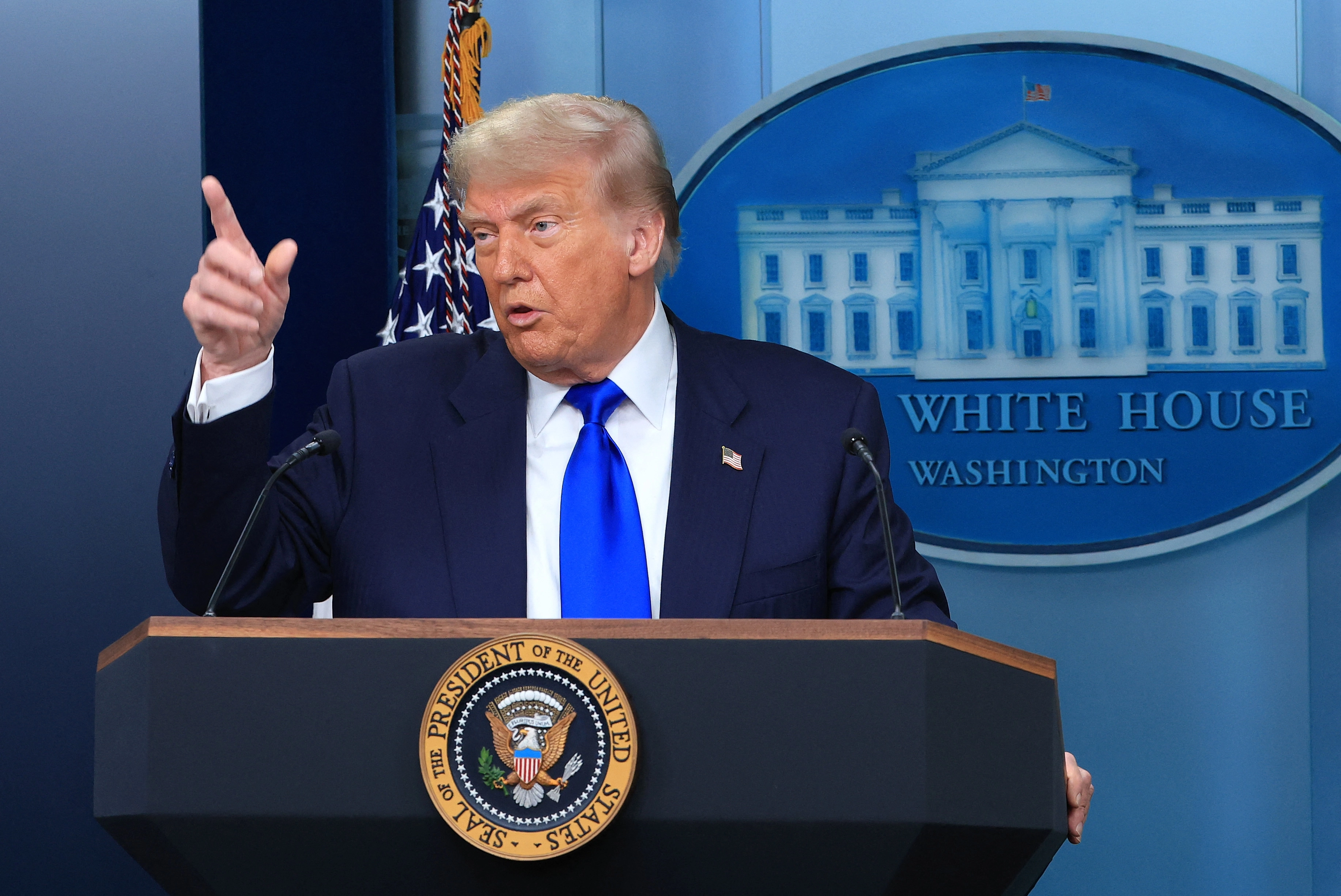Former President Donald Trump recently reiterated his stance on tariffs, suggesting that the BRICS alliance could face significant challenges if their economies do not adapt to changing global trade dynamics. He specifically mentioned the possibility of imposing a 10% tariff on goods from countries within the BRICS bloc, which includes Brazil, Russia, India, China, and South Africa. This statement underscores the ongoing tensions in international trade and the potential impact of U.S. policies on global alliances.
Trump’s comments come at a time when the BRICS nations are striving to strengthen their economic ties and reduce reliance on Western markets. The coalition was formed to enhance cooperation among emerging economies and challenge the dominance of Western powers in global affairs. However, the introduction of tariffs could disrupt these efforts, prompting member countries to reassess their trade policies and alliances. The prospect of increased tariffs may lead to a more fragmented global economy, where nations seek to protect their interests in the face of unilateral measures by the U.S.
Furthermore, Trump’s warning serves as a reminder of the volatility of international relations. The imposition of tariffs can escalate tensions and provoke retaliatory measures from affected countries. If the BRICS nations respond by implementing their own tariffs or trade barriers against U.S. goods, it could create a cycle of economic confrontation that undermines the stability of the alliance. In this context, the future of BRICS may hinge on the ability of its members to navigate the complexities of global trade while maintaining unity in the face of external pressures.
In summary, Trump’s reiteration of the 10% tariff threat poses a significant challenge to the BRICS alliance. As these nations work to solidify their economic collaboration, the looming prospect of tariffs could jeopardize their efforts and lead to a reevaluation of their trade strategies. The dynamic nature of international trade continues to evolve, and the actions of one major player like the U.S. can have far-reaching implications for global alliances. The future of BRICS, therefore, may depend on how effectively its members respond to such challenges and adapt to the shifting landscape of global trade relations.




